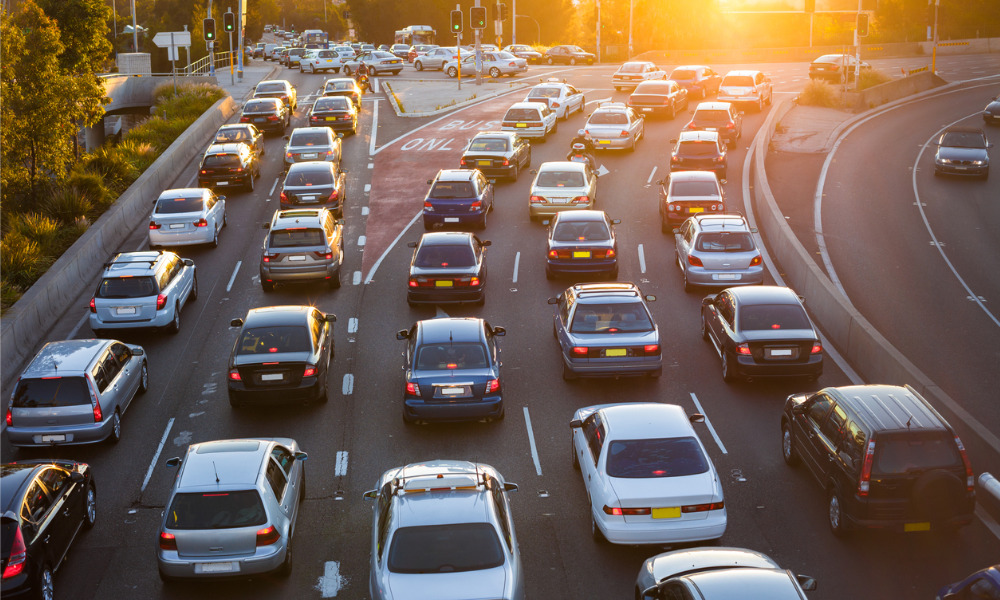
Keep work as flexible as possible, says Transurban boss

With traffic congestion getting worse in big cities in the wake of the COVID-19 pandemic, Transurban chief executive Scott Charlton said that companies shouldn’t force workers to come into the office from 9am to 5pm.
The toll road group said that Australia could prevent traffic congestion – and might even increase efficiency in its transport networks – if bosses allow their employees to continue working flexibly, according to a report by The Australian Financial Review.
Charlton said that people could move around cities more easily – whether in a personal vehicle or using public transport – if they could choose their hours. Companies should capitalise on the money they’ve already invested in IT and other equipment that made it easier for people to work from home during the pandemic, he said.
“Why lose some of those benefits and go back to traditional work hours when it obviously makes a significant difference to the quality of life and the ability to more efficiently use these [transport] networks?” Charlton told AFR.
Transurban will release a report on mobility trends when it reports its half-year results today. The report will show that before the pandemic, some south-bound segments on Transurban’s Westlink M7 toll road in Sydney suffered about 3.5 hours of congestion during peak hours, with average speeds dropping below 60 kilometres per hour. By November, congestion had risen to 4.5 hours.
Transurban said that analysis of its Citylink toll road in Melbourne found that if 6% of drivers heading towards the city traveled outside the busiest hours of 6am to 9am, traffic would drop to levels similar to those observed during school holidays, while average speeds would rise by more than 10 kilometres per hour.
Faster traffic flows are good for Transurban because drivers paying tolls are more likely to feel they are getting value for money if they’re not stuck in traffic jams, AFR reported. The company’s 3,000 employees are allowed to work flexibly, but are encouraged to come into the office regularly to develop business relationships and share ideas, Charlton said.
Charlton said that while the COVID-19 pandemic has accelerated evolution in work practices, it could delay the development of driverless and connected cars.
“The car manufacturers have probably not spent as much time and money in the short term on that because of the COVID environment,” he told AFR.
Charlton supports the development of electric vehicles, which would reduce carbon emissions from the ventilation stacks on the company’s road tunnels.
“It won’t have a massive impact on us financially,” Charlton said. “We just think it’s the right thing to do for a sustainable transport industry.”
While he declined to comment on whether the government should set official policies encouraging the adoption of electric cars, he said it was inevitable that Australians would one day leave petrol behind.
“Australia is going to be a taker of whatever global car manufacturers should produce, and what they are going to produce over time is either electric or hydrogen or zero-emission vehicles,” he told AFR.